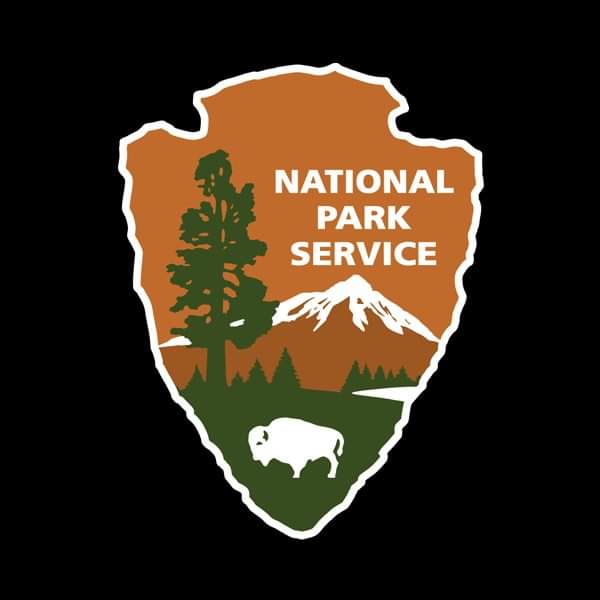Eleven African countries have signed up to protect major international ecological corridors, including UNESCO Heritage Sites, resulting in the most preserved Parks on the African continent. Nigeria needs peer review mechanism for sustainable management. The Benin Republic Government has been visionary in putting the restoration of their globally significant protected areas, first Pendjari and then W, at the heart of a progressive national investment programme, “Revealing Benin”, leveraging conservation as a catalyst for sustainable development.
The Benin component of the W Biosphere Reserve is an 8,022sq.km area connected to Pendjari in the north-west corner of the country.
Combined, they form half of the WAP Complex, a 26,500sq.km transboundary landscape straddling Benin, Burkina Faso and Niger; the largest intact ecosystem in West Africa. As a substantial part of the WAP Complex, also a UNESCO World Heritage Site, the parks are refuge to the only viable populations of West African lion, cheetah and Korrigum antelope, among the many other key species remaining in the region.
We have made important progress in the rehabilitation of Pendjari since partnering with the Ministry of the Living Environment and Sustainable Development, the National Agency for Heritage Promotion and Tourism Development (ANPT), and the National Centre for the Management of Wildlife Reserves (CENAGREF) in 2017.
With the help of a ground-breaking partnership with The Wyss Foundation and the National Geographic Society and the support of La Fondation des Savanes Ouest-Africaines (FSOA) and The Wildcat Foundation, we have doubled local employment; initiated livelihoods programmes including sustainable fish harvesting and beekeeping; fitted satellite collars on key species for monitoring purposes, including the West African lion and elephant; and established a well-trained team of over 100 rangers.
The last few years have not been without challenges. To address the impact of the recent escalation in regional insecurity, we improved law enforcement deployments, implemented a layered security system, and bolstered surveillance, communication and collaboration with local communities.
Nine months ago, recognising the significance of the larger WAP ecosystem and the prevailing challenges, the Benin Government, CENAGREF, ANPT and FSOA redoubled their commitment to the protection of W National Park. Together we initiated a Priority Intervention Plan to begin upgrading infrastructure and increasing the capacity of park management. Thanks to an exemplary commitment from the Government, this evolved into a fully delegated management mandate this year to ensure the environmental, social and financial sustainability of W in Benin.
The Benin component of the WAP Complex is a critically important anchor ecosystem for the West African region, delivering essential ecosystem services, supporting livelihoods and serving as a national tourism asset. We envision that through this partnership, with the involvement of CENAGREF, ANPT, local authorities and communities, W and Pendjari can serve as a source of hope for ecological recovery while engendering greater cooperation to boost security, stability and prosperity fornot only northern Benin, but the entire region.
W National Park is the 18th park to join African Parks’ management portfolio. This would not have been possible without the core financial support of the Government of Benin, The Wyss Foundation, KfW through the FSOA and PATRIP foundations, and the Sahara and Sahel Observatory.
With all good wishes, Peter FearnheadCEOAfrican Parks
African Parks is a non-profit conservation organisation that takes on the complete responsibility for the rehabilitation and long-term management of national parks and protected areas in partnership with governments and local communities. African Parks manages 18 national parks and protected areas covering over 14.1 million hectares in 11 countries: Angola, Benin, Central African Republic, Chad, the Democratic Republic of Congo, the Republic of Congo, Malawi, Mozambique, Rwanda, Zimbabwe and Zambia. Visit www.africanparks.org to learn more.
